News and Features
-
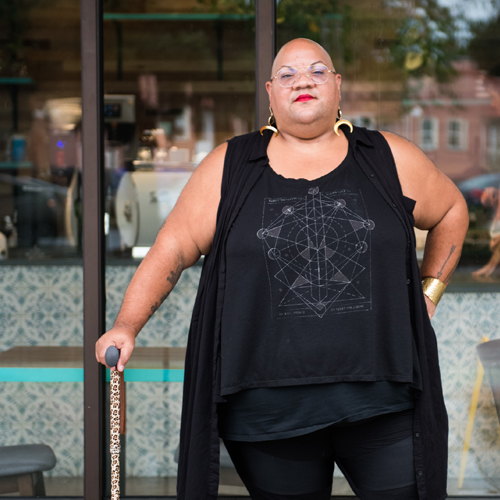
November 7, 2019
Disabled And Here: Interview with Galadriel
“I think a lot of people, me included, tend to focus on production as a means of determining worthiness. We’ll tell ourselves we’ll reward ourselves with an activity we love only once we’ve done all our chores or completed some huge project, but really letting ourselves enjoy what we love can help build capacity for doing all our required work.”
-
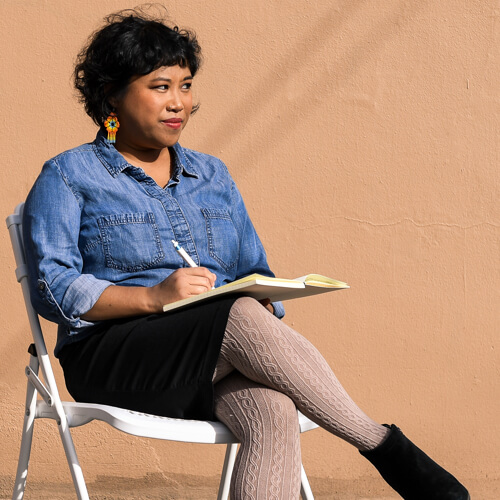
October 31, 2019
Disabled And Here: Interview with Luann
“With the new lupus diagnosis, I am now much more attuned to my needs in ways that I never bothered to pay attention to before. When I get too tired or weak to work or socialize, I take breaks.”
-
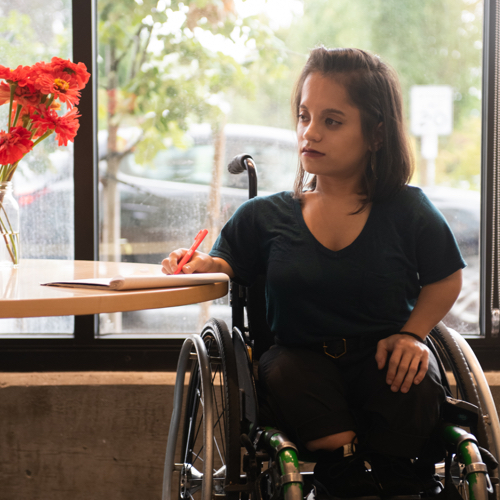
October 24, 2019
Disabled And Here: Interview with Sophia
“A space that does not explicitly welcome Black, Indigenous, People of Color (or disabled BIPOC) is not an accessible space for all. The University of Oregon needs to continue making strides to honor and include BIPOC, not maintain oppressive structures.”
-
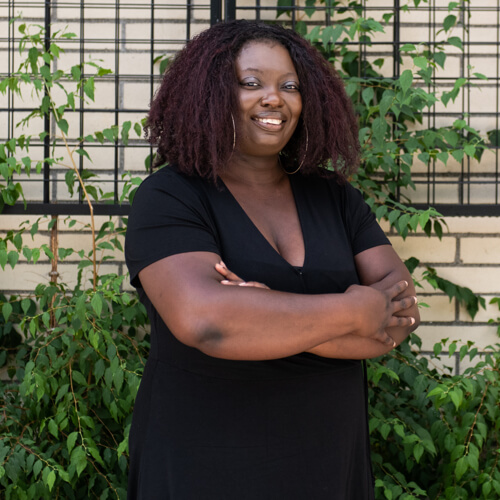
October 17, 2019
Disabled And Here: Interview with Tonya
“It’s been amazing being involved with such a brilliant group of women/folks [through WOC Zine]. I’ve literally watched some members grow up in the group. They joined the collective in their 20’s and now in their 30’s! Whenever I wonder if I’ve ever contributed anything to this earth, I think about the wonderful community of women of color/folks I’m part of.”
-
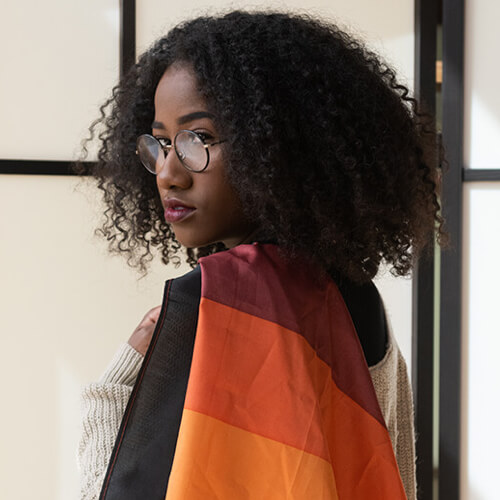
June 25, 2019
Disabled And Here: Interview with Bemnia
“People treat diagnosis like it’s everything and if you don’t have a diagnosis, that means you don’t have [a disability]. It’s like: no, my symptoms didn’t all suddenly disappear just because you haven’t been able to come to a consensus on what to call this.”
-
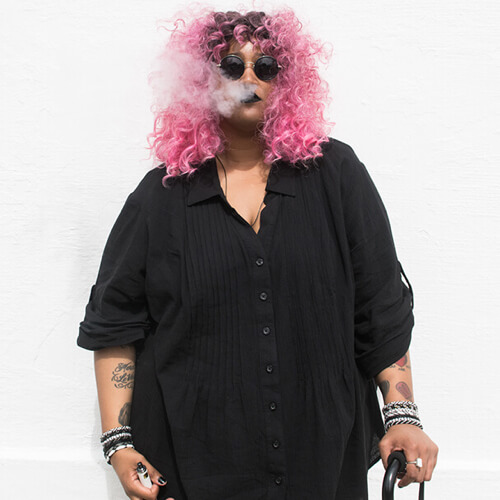
June 18, 2019
Disabled And Here: Interview with Mallory
“One of the biggest misconceptions that I run across is people thinking that all autistic people are the same. I think those misconceptions are rooted in how little we’re allowed to participate in media about us. There’s a very narrow view perpetuated by films and television that most, if not all of us, are savants.”
-
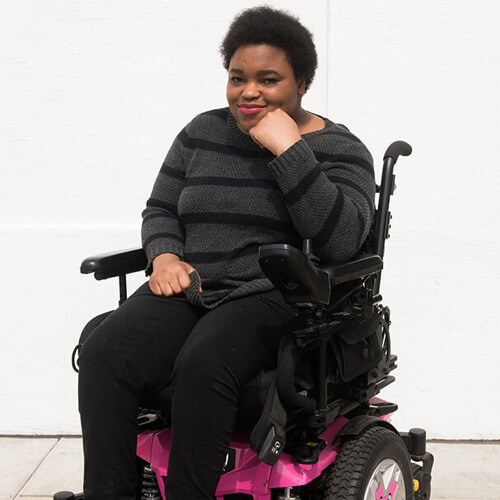
June 11, 2019
Disabled And Here: Interview with Moranda
“I feel like people kind of dismiss the thought of disabled people being able to be in a relationship or date... It’s like the possibility never crossed their mind, and they don’t know what to do next. I think the question they really want to ask is: are you capable of having and maintaining a relationship like any other 24 year old?”
-
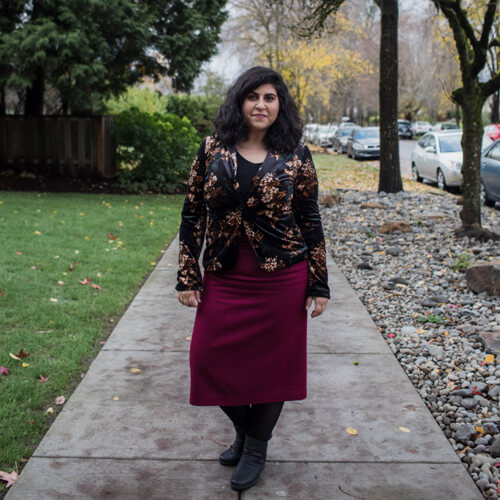
January 10, 2019
Disabled And Here: Interview with Melissa
“Support creators who are raising awareness, educating through telling the stories of others, or those who are on the front lines fighting for justice and overcoming oppression.”